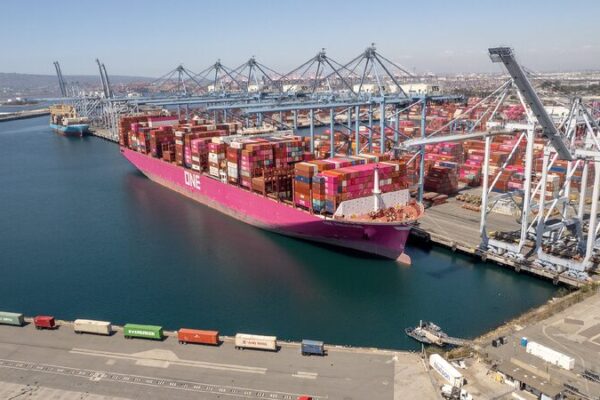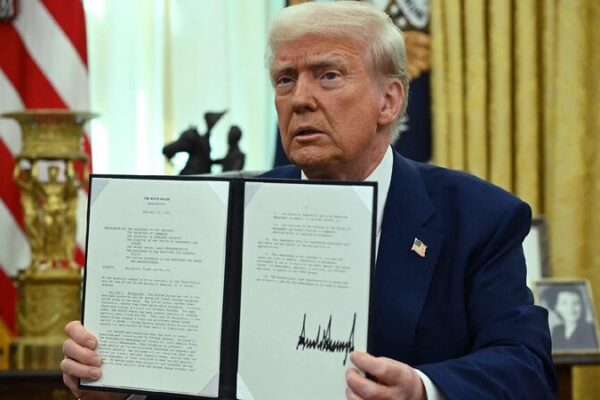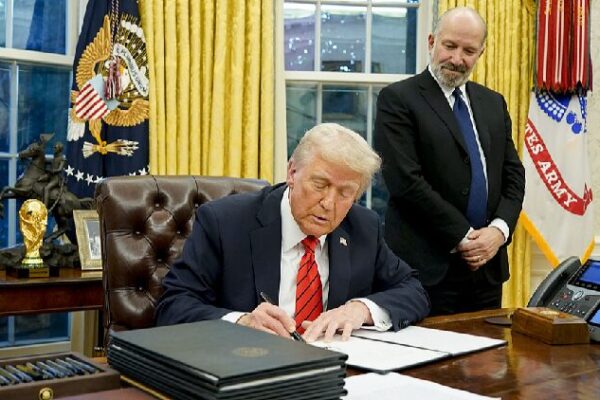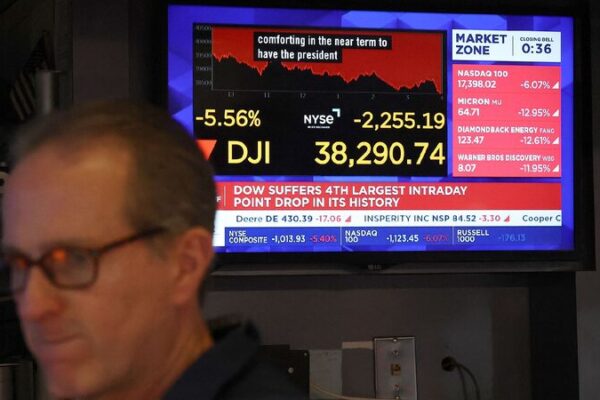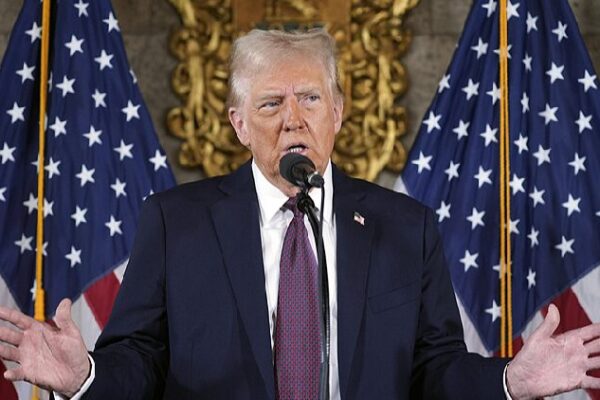Washington, D.C.—President Donald Trump’s recent proposal to impose substantial “service fees”—potentially reaching $1.5 million—on Chinese ships entering U.S. ports has ignited global concern. Aimed at revitalizing the American shipbuilding industry and boosting the nation’s defense industrial base, the plan has been met with skepticism both domestically and internationally.
Redefining Tariffs
Critics argue that these “service fees” are essentially tariffs in disguise. Historically, tariffs have led to increased costs for American consumers through higher prices on goods and services. By imposing such fees, experts fear that not only will the cost of imports rise, but U.S. exporters will also face challenges in moving products like agriculture and energy abroad.
Potential Trade Fallout
Bloomberg reports suggest that this move could trigger a “trade apocalypse,” disrupting global supply chains and harming U.S. businesses. The dual impact of more expensive goods coming in and fewer goods going out could be detrimental to the American economy.
Comparative Strategies
While the U.S. focuses on short-term gains, China’s long-term planning has propelled it to the forefront of the global shipbuilding industry. According to a recent report by the Center for Strategic and International Studies, China built over half of all commercial ships in 2024, while the U.S. produced a mere 0.1 percent.
Looking Ahead
Revitalizing America’s shipbuilding industry would require a sustained, long-term commitment. Critics suggest that without addressing underlying issues—such as infrastructure investment and economic planning—the proposed “service fees” may do more harm than good.
The Bigger Picture
This situation highlights broader questions about the U.S. economic strategy. With comparisons like the efficiency of China’s high-speed rail network versus the aging infrastructure in the U.S., many are questioning whether America is prioritizing immediate gains over future prosperity.
As debates continue, observers around the world are watching to see how these policies will impact not just U.S.-China relations, but the global economy at large.
Reference(s):
cgtn.com
